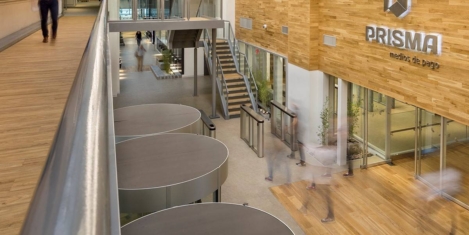November 6, 2018
Employers struggle to understand what motivates people in new generation of megacities
 Mercer has published the results of an extensive study that examines the needs of workers in the world’s fastest-growing cities across four key factors – human, health, money and work. The study provides insight into the motivations of workers against the backdrop of fierce competition for their talent. The study, People first: driving growth in emerging megacities (registration required), is based on a survey of 7,200 workers and 577 employers in 15 current and future megacities across seven countries, namely Brazil, China, India, Kenya, Mexico, Morocco and Nigeria. As defined by the United Nations, these 15 cities will have a combined population of 150 million people by 2030 and share strong, projected GDP.
Mercer has published the results of an extensive study that examines the needs of workers in the world’s fastest-growing cities across four key factors – human, health, money and work. The study provides insight into the motivations of workers against the backdrop of fierce competition for their talent. The study, People first: driving growth in emerging megacities (registration required), is based on a survey of 7,200 workers and 577 employers in 15 current and future megacities across seven countries, namely Brazil, China, India, Kenya, Mexico, Morocco and Nigeria. As defined by the United Nations, these 15 cities will have a combined population of 150 million people by 2030 and share strong, projected GDP.






































